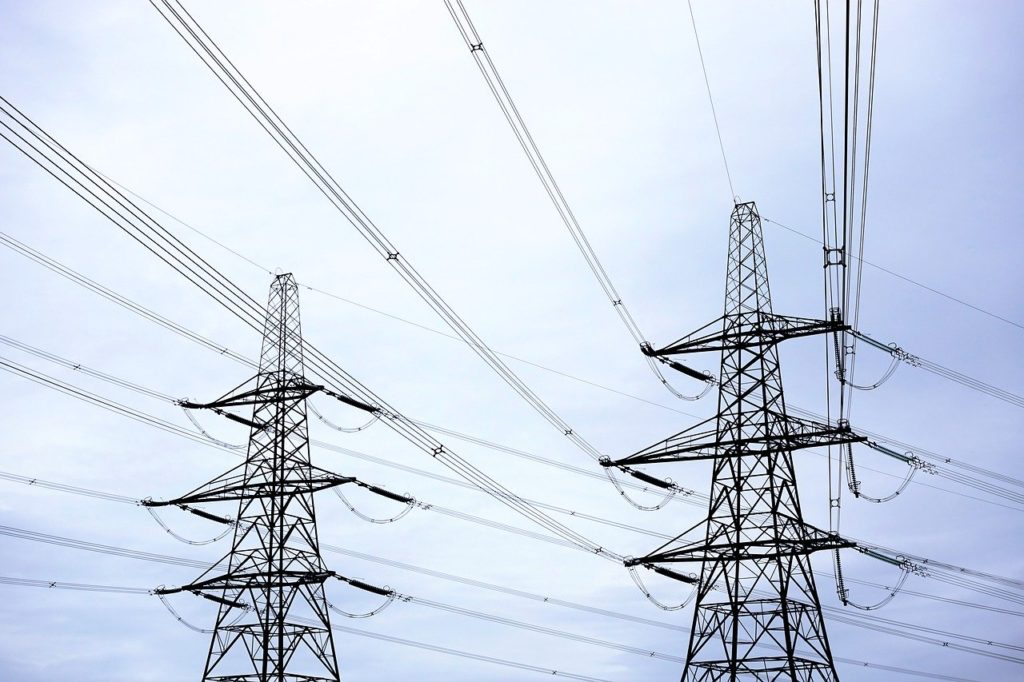How To Promote Electrical Safety

Today’s electrical installations are very different than those of the past. For example, each appliance or piece of technology needs a specific system, from the wiring and outlet to the power that is directed to them. This can make installations seem overwhelming, but these are tips for keeping your home or business safe from electrical problems.
Review Your Current System
As you move into a building or home, have the electrical system inspected. Find the electrical installations that were done in the past, and determine whether the system was installed by a professional or an amateur. Look for loose wires, improper connections or makeshift repairs. If you find any hazardous wires during the inspection, your licensed electrician can repair and replace anything that has been done improperly.
Seek Compliance in New Installations
You may have appliances, technology, fixtures or machinery that you want to add to your home or building, and these additions may require additional electrical work. However, be sure that you use a licensed contractor who understands the local building codes, industry standards and safety best practices. Ask to see potential electricians’ licensing, certifications and insurance.
Be Aware of Possible Dangers
While you occupy the building or home, keep your eyes and nose open for possible fire hazard warnings. For example, you may have a wiring issue if you smell burning plastic or ozone. Keep water away from your electrical system, from your fittings to your fixtures and outlets. Inspect flickering lights or appliances. Look for scorch marks around outlets or your electrical board. Pay attention to appliances that overheat or outlets that heat up without explanation. If anything you have plugged in does not behave as it should, unplug the machinery immediately and call a licensed electrician to check your system.
It’s your job to ensure that your electrical installations are safe, so pay attention to signs of damage and work with a licensed electrician on regular inspections and new connections.
